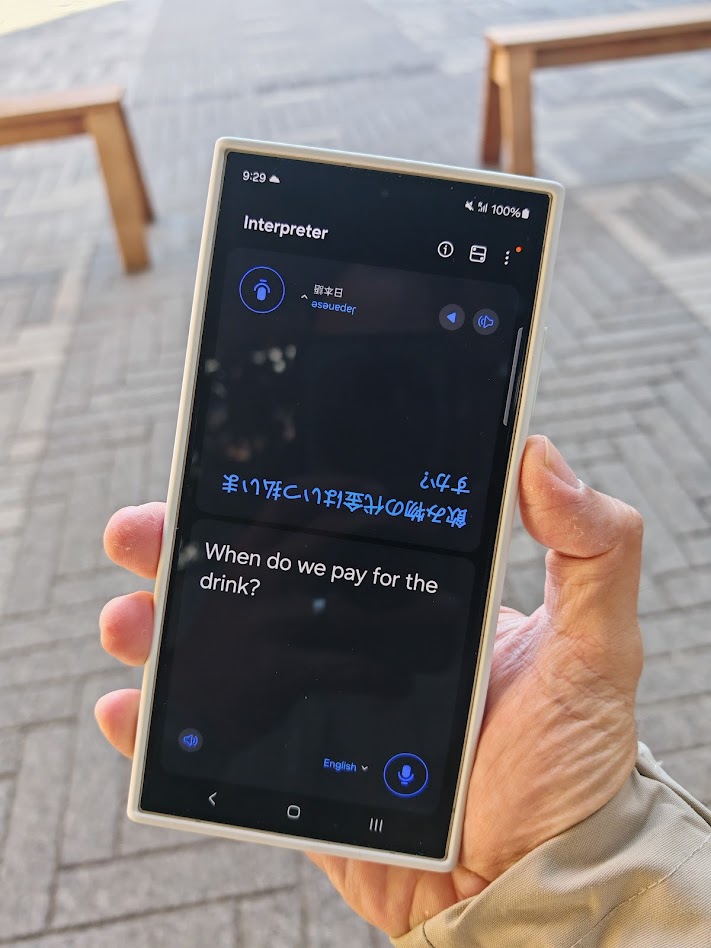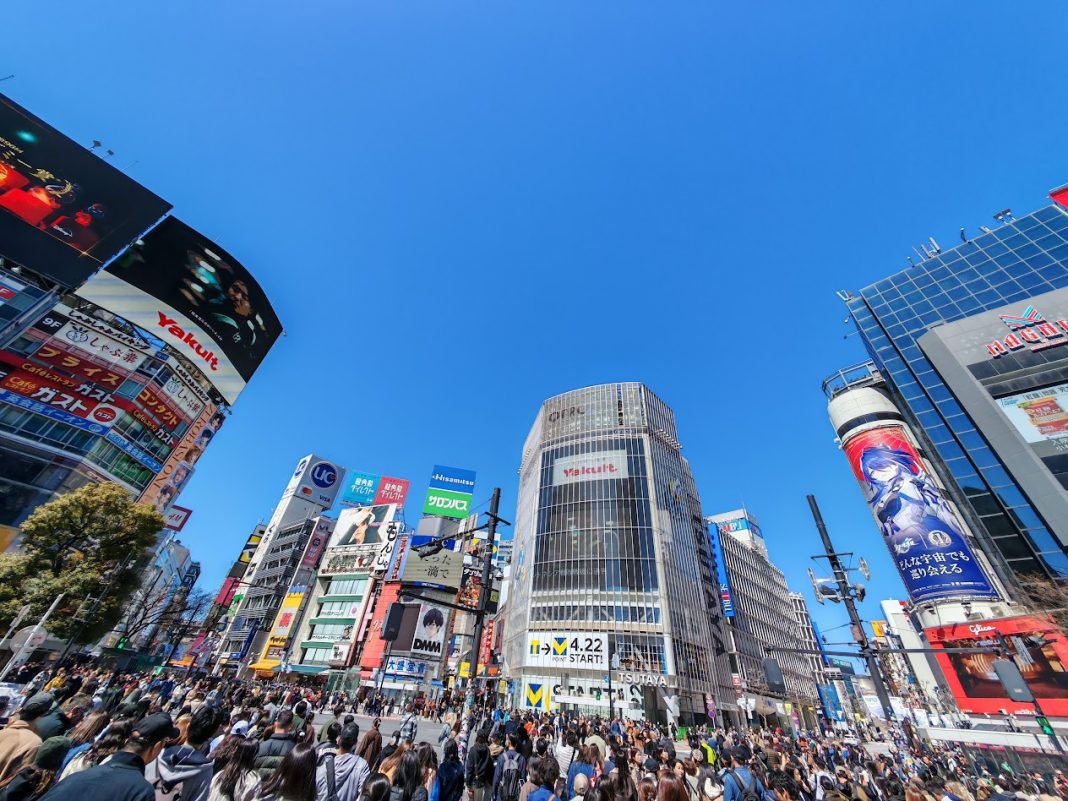Like many Filipinos, I recently took a trip to Japan over the Holy Week. Not to see the cherry blossoms’ first bloom, but to dwell into an irony that many travelers have observed in their sojourns to the Land of the Rising Sun. That is, as high-tech and quirky the Japanese can be with robots, high speed trains, and fast Internet, they seem to be struggling with cashless payments. Unlike the Philippines where mass adoption of QR payments and cashless e-wallets from GCash, Maya, GoTyme, and the like are so ubiquitous, it isn’t as prevalent in Japan. To be clear, Japan does have ewallet payment options such as Rakuten Pay and PayPay but as a tourist landing in Narita Airport, you will soon realize how big of a cash dump it will be when you start buying tickets for the train. The purchase of a Suica card for public transport will set you back 3000 JP¥ and the Narita Express to Tokyo will set you back around 5,000 JP¥ – all in cash from the JR office.
If you are a Filipino traveling to Japan, it’s no secret that the accumulation of Yen can start more than a week from the day of travel as a lot of money changers run out of the Japanese currency quite fast, especially during the Holy Week and the weekend of Halloween – two long weekends for Filipinos who choose Japan as a travel destination. To save your cash for smaller establishments like your hole in the wall izakaya, you can opt to use your GCash e-wallet for purchases. I spoke to Renren Reyes, CEO of G-Xchange, Inc and he told us that because of their partnership with AliPay+, Filipinos can make use of GCash to make purchases in several popular tourist destinations. What I found delightful was that the exchange rate was better than using a credit card or debit card, as many establishments implement a transaction fee (usually around 300 JP¥ for debit card usage, or a percent charge for credit cards). GCash via AliPay+ does not. I was able to test this out in many popular establishments including 7-Eleven, Family Mart, drugstores and most shopping malls around the Asakusa, Ginza, and Shibuya areas.
For those unfamiliar, the AliPay+ button appears when you open the QR code scanner. You just need to click on the rectangle below the scanner with the AliPay+ logo and it will proceed to generate a barcode. In the Philippines, we are used to scanning QR codes. In Japan, it’s the other way around – cashiers will scan you. I asked Reyes about some impediments using the app, such as faulty Internet connections and delays in generating the barcode, “Yes sometimes it does take a little long to generate the QR code, but we are improving this already (and) by May should be able to generate within 10 seconds.” I asked if one could generate the barcode beforehand and print it out or keep a copy on the phone for easier transactions, but it seems unlike QR codes, the barcode is generated per transaction and printing it out will deem it invalid. From experience I was able to make use of AliPay+ most of the time. Those times I was not able to generate a barcode, I simply used the GCash VISA debit card and the exchange rate was actually quite similar to the listed rate in GCash (be aware that some establishments may have small debit card fees, but again, it still beats using up your cash).
I’ve been wanting to make practical use of the AI Translator app on my Samsung Galaxy S24 Ultra. If you’re using previous Galaxy models, Samsung recently opened the floodgates to the AI apps with the new One UI 6.1 firmware that will work for the Galaxy S23 Series, Galaxy S23 FE, Galaxy Z Flip5, Galaxy Z Fold5, and Galaxy Tab S9 series.

Because the Interpreter app is a language pack, it means that I can use it offline. Before my trip, I downloaded the Japanese language pack and … that was it. No additional set up necessary! Before, I used to get by with basic hand signals and a lot of pointing in stores. Now, I can indulge in some nuances with the Interpreter, as it enables me to speak phrases which are then translated into Japanese (both text and voice). For common phrases that have easy answers, I just screenshot the app and show it to the storekeepers.
This post originally appeared in my PhilSTAR Tech column.



Leave a Reply